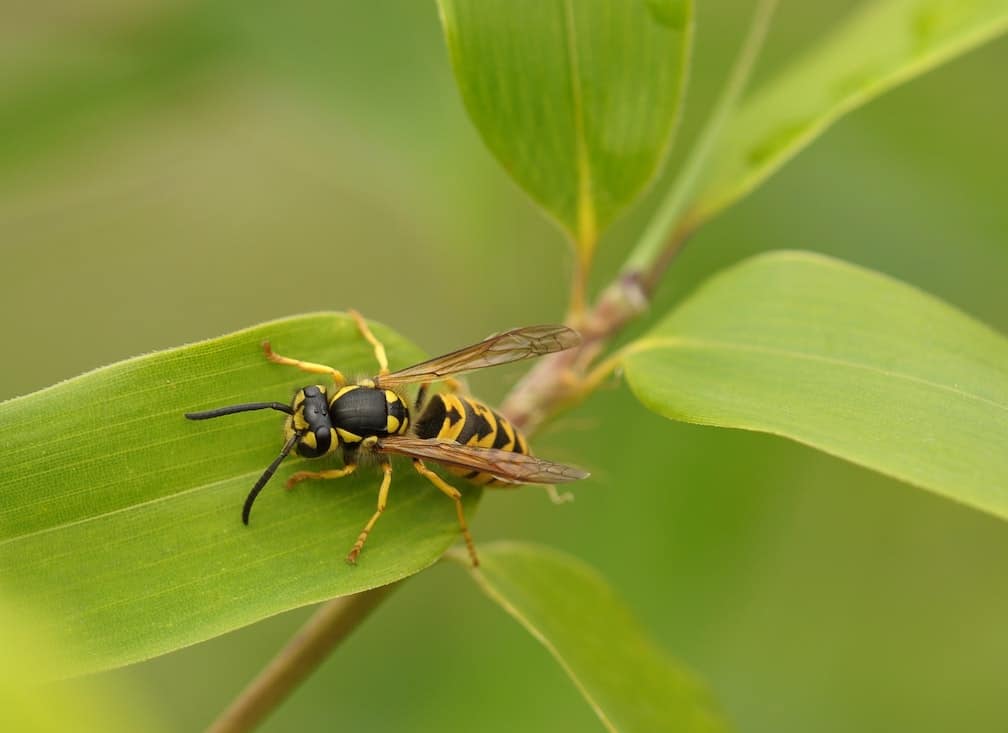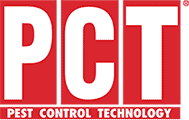Summer is stinging insect season, and Rottler Pest Solutions wants to keep you safe. Learn how to avoid the stinging insect threat with these simple steps.
Summer is stinging insect season and Rottler Pest Solutions wants homeowners, backyard barbeque and outdoor enthusiasts, and workers whose jobs take them outdoors to be aware and take the proper precautions.
While some stinging insects are beneficial to our environment, others, including yellowjackets (usually the most encountered stinging insect), carpenter bees, wasps, and hornets, can pose a threat to people and structures.
Yellowjackets are mostly scavengers that are attracted to garbage cans, pet food bowls, soda cans, overripe fruit, and sugary foods. And their behavior gets more aggressive as populations peak in size and their food sources become scarcer. Yellow jackets can nest in a variety of locations in and around homes including trees, bushes, in the ground, gutters, sheds, building overhangs, and decks. Inside a home, they can create nests in wall voids, attics, and crawlspaces. A well-developed colony can be home to upward of 5,000 members.
If you come across a nest, proceed with caution. According to statistics compiled by the National Pest Management Association, allergic reactions to stinging insect bites send more than 500,000 people to the emergency room annually. Removal of any stinging insect nest is not a do-it-yourself job and should be done by a licensed pest management professional.
How To Avoid The Stinging Insect Threat
Rottler Pest Solutions recommends the following tips to help homeowners protect their families and pets from yellowjackets and other stinging insects:
- Be Aware of Your Surroundings. Yellowjackets like to build nests in hollow spaces, which can include holes in the ground. As you walk in your yard or the park, watch for holes. Avoid walking on or disturbing their nests.
- Think Before You Drink. Sipping a cold soda or sweet tea in the sun sure sounds nice, doesn’t it? Unfortunately, yellowjackets like sweet drinks, too. Keep your drinks covered when spending time outdoors this time of year, and before you take a sip, look in your cup or straw first.
- Cover Your Trash and Food. Uncovered trash cans and food, especially meats, are yellowjacket magnets. As natural predators of caterpillars and flies, yellowjackets like meat as much as the next carnivore. You can expect to find these insects around garbage cans or recycling bins or when grilling meats.
- When Confronted, Take the High Road. Walk away quickly in a straight line. Swatting and jumping around will only bring more attention. Separating yourself from the yellow jacket in a determined way is important, because unlike honeybees that often self-eviscerate themselves when stinging, yellowjackets will sting repeatedly.
- Clean Up Regularly. Clean up spills on outdoor dining and food preparation surfaces and regularly empty garbage cans and wash recycling bins of sugary residue from soda and beer cans that yellowjackets favor.


